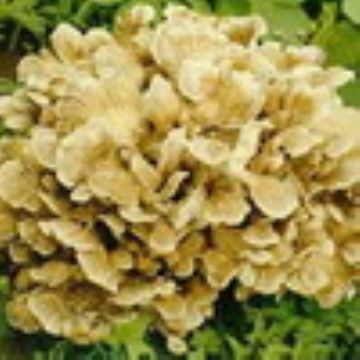Detailed Selling Lead Description
ctive ingredient polysaccharides, detected by UV
Specification content polysaccharides, 10%, 20%, 30%
appearance Fine powder
color Brown
Shelf time 2 years while properly stored
Medicinal Functions A choice edible mushroom, maitake is a relative newcomer that is the subject of promising research in Japan and the United States. Protein-bound polysaccharides are the active compounds.
Scientific research in Japan has demonstrated that Maitake (Grifola frondosa) contains significant active polysaccharides. The active polysaccharides in Maitake have been identified as beta-D-glucans.
A common denominator among mushroom and herbal adaptogens is the presence of complex polysaccharides in their structure. These active components have the unique ability to act as immunomodulators and, as such, are researched for their potential role in cancer and AIDS treatment. The polysaccharides present in maitake have a unique structure and are among the most powerful to be studied to date. The primary polysaccharide, beta-D-glucan, is well absorbed when taken orally and is currently under review for the prevention and treatment of cancer, and as a supportive tool for HIV infection. Grifolin from maitake triggers the release of tumor necrosis factor, a defensive cytokine, from macrophages in culture. More recently, investigators reported that grifolin administered intravenously to mice activated liver macrophages to increase their production of nitric oxide and defensive cytokines.
